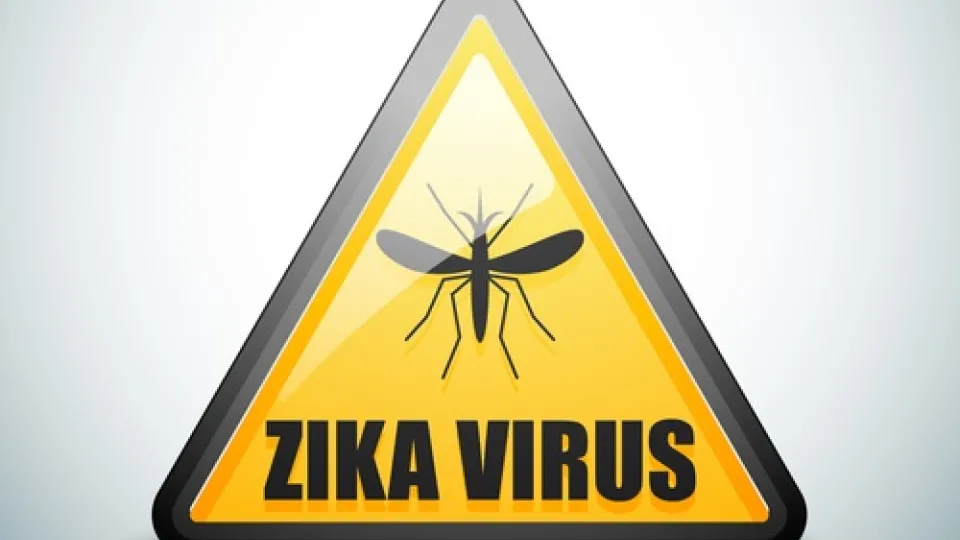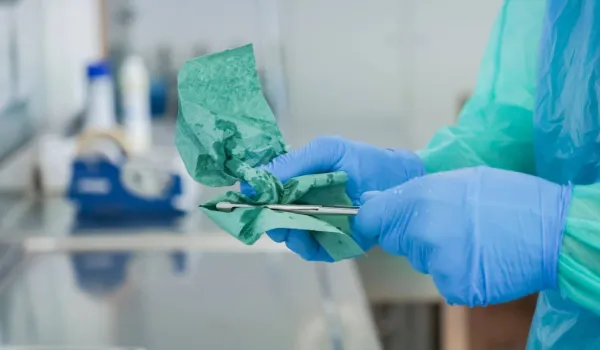
Last month, the World Health Organization (WHO) held an emergency meeting and declared the Zika virus a Public Health Emergency of International Concern.
Suddenly, a virus most of us had never heard about three months ago is constantly in the news. You might have scrolled past a news headline or two, but as a future health care professional, especially a medical lab technician, it's important to keep up on the happenings in the community.
How do people contract the Zika Virus?
According to the U.S. Center for Disease Control (CDC), Zika virus is transmitted by Aedes mosquitoes. When a mosquito carrying the virus bites a person, his/her blood is infected.
In the process of biting another person, the mosquito then lets out some of that infected blood into the new person's bloodstream, and now, a second person is infected.
Recently, U.S. researchers have concluded that an individual can get the Zika virus via sexual transmission with an infected person, who might not know they are infected.
What is the Zika Virus?
According to information collected by WHO, Zika is a disease which doesn't cause symptoms in four out of five people. Many are unaware that they are carriers of the virus.
When someone does display symptoms, they are usually mild and include:
- fever
- rash
- joint pain or muscle pain
- headache
- Conjunctivitis (pinkeye)
Why is the Zika Virus a concern?
Zika was discovered in Uganda in the 1950s, but because the symptoms were so mild, doctors treated it on a case-by-case basis.
However, when Zika started spreading in South America recently, the infections seemed to cause a rise in two serious conditions:
- Microcephaly: pregnant women who contract the Zika virus seem to have a much higher chance of giving birth to a child with microcephaly, a condition that causes a newborn to have abnormal skull size, which can be linked to an underdeveloped brain and developmental delays.
- Guillain-Barre: People who have had Zika seem to have an increased risk for Guillain-Barre, a rare autoimmune disease which results in muscle weakness, trouble breathing, and paralysis. One out of 20 sufferers does not fully recover.
How does the Zika Virus effect me?
If you are traveling to a Zika-infected area or know someone who has, you will want to be careful about mosquito bites.
Experts expect that Zika might soon be a major problem in the U.S. Since Zika has already been found in people in the U.S. and the mosquitos which transmit Zika live here, there's a higher probability that we could expect more U.S. cases.
How medical lab technicians help
Do you want a rewarding career? Medical Lab Technician programs programs teach the skills needed to test people for exposure to illnesses.
In a recent article, the U.S. Food and Drug Administration granted emergency use of a new CDC test for the Zika virus. "The Zika MAC-ELISA can help determine whether a person has been recently infected with the virus," said Julie Villanueva, who is with the agency's Zika response team.
As a Medical Technician, you would assist in gathering information to help keep the public safe from transmittable diseases like Zika.
What are you waiting for? Find out how joining Medical Lab Technician programs can help you to be a part of the solution to this anticipated health crisis.
Take The Next Step Towards a Brighter Future
We have a Concorde representative ready to talk about what matters most to you. Get answers about start dates, curriculum, financial aid, scholarships and more!




